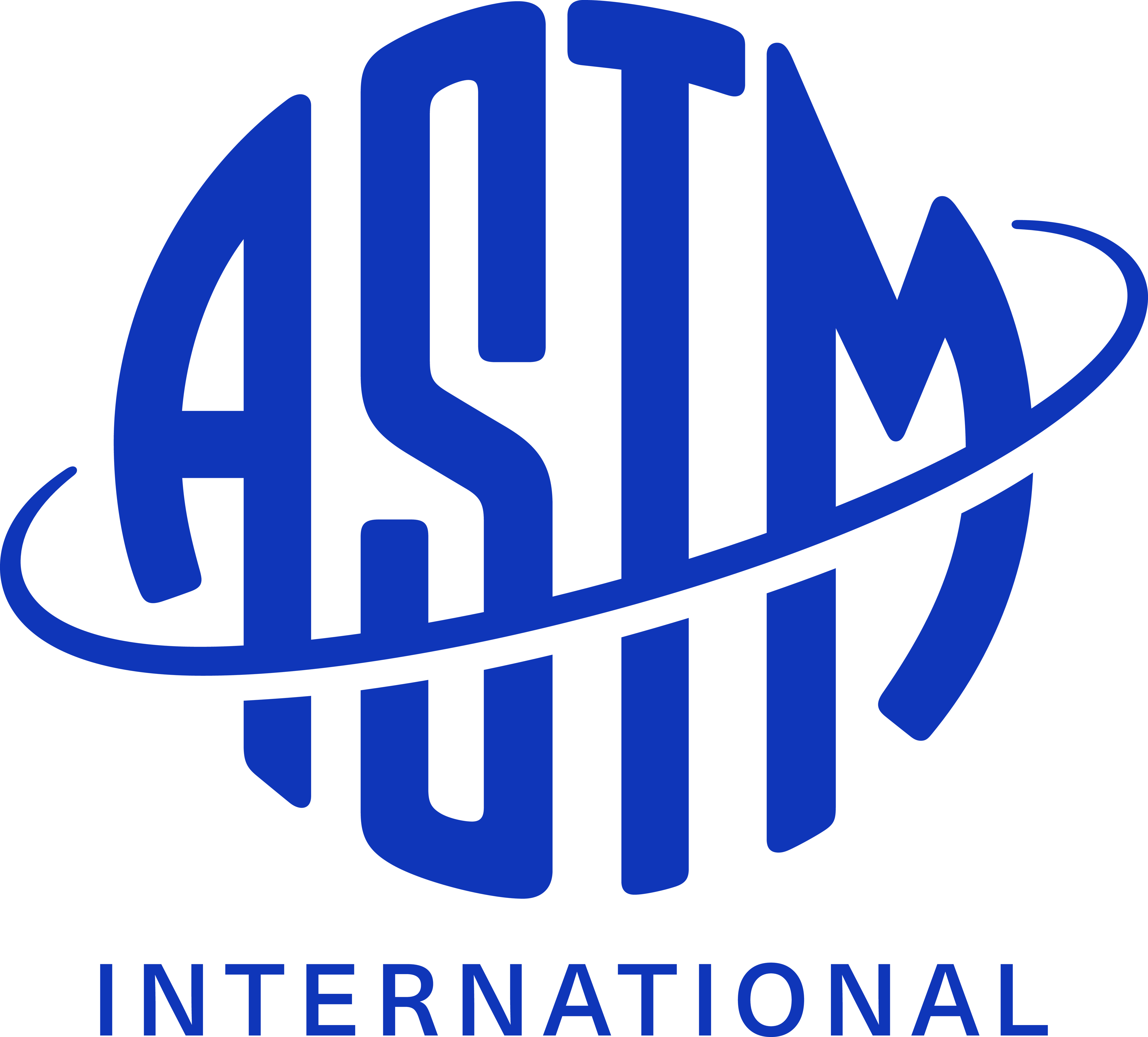Water for Climate Pavilion
This panel will explore how science-based standards for climate resiliency in water resources can support developing nations in implementing Nationally Determined Contributions (NDCs) and National Adaptation Plans (NAPs). By applying these standards, countries can strengthen the resilience of water infrastructure (SDG13), ensure sustainable management and access to clean water (SDG6), and protect communities from climate-related risks. The session will also highlight the critical role of collaborative partnerships (SDG17) in scaling these solutions, enabling governments, the private sector, and civil society to work together effectively. Through these practical examples, the panel will demonstrate how integrating standards and partnerships can advance global sustainable development, improve climate adaptation strategies (SDG13), and foster inclusive and cooperative approaches to water management (SDG6, SDG17).
November 15, 13:00 - 14:00 | Water for Climate Pavilion
Water security and climate resilience are urgent global challenges that directly affect human health, livelihoods, and ecosystems. Applying standards for climate-resilient water resources provides a practical framework for planning, designing, and managing water infrastructure that can withstand extreme weather events and long-term environmental changes (SDG13). By embedding these approaches within collaborative partnerships (SDG17), countries can implement effective strategies that improve integrated management of water resources and dependent ecosystems as well as improving access to safe drinking water and sanitation (SDG6), reduce vulnerability to climate impacts (SDG13), and strengthen institutional capacity.
This approach supports the broader goals of sustainable development by ensuring reliable access to water and sanitation services (SDG6), promoting climate-resilient infrastructure (SDG13), and fostering partnerships that enhance the ability of communities and institutions to manage water resources sustainably (SDG17). By demonstrating how standards guide practical interventions and how partnerships amplify impact, the panel will highlight pathways for achieving resilient, inclusive, and adaptive water management practices aligned with global development priorities.
Opening Remarks & Context Setting – The importance of science-based standards and partnerships for water resilience (10 min):
Moderator – Mr. Thomas Rebermark, Director for Swedish Water House and Chair of the Water for Climate Pavilion
Applying Standards for Climate-Resilient Water Resources (5 min):
Using energy system planning to meet climate, water and sustainable development goals; a case from the Peruvian Amazon (5 min):
Adaptation and Mitigation Measures within Peru’s NDCs – Practical Examples of Standards in Action (10 min)
Panel Discussion (20 min)
Q&A from the audience (10 min)
